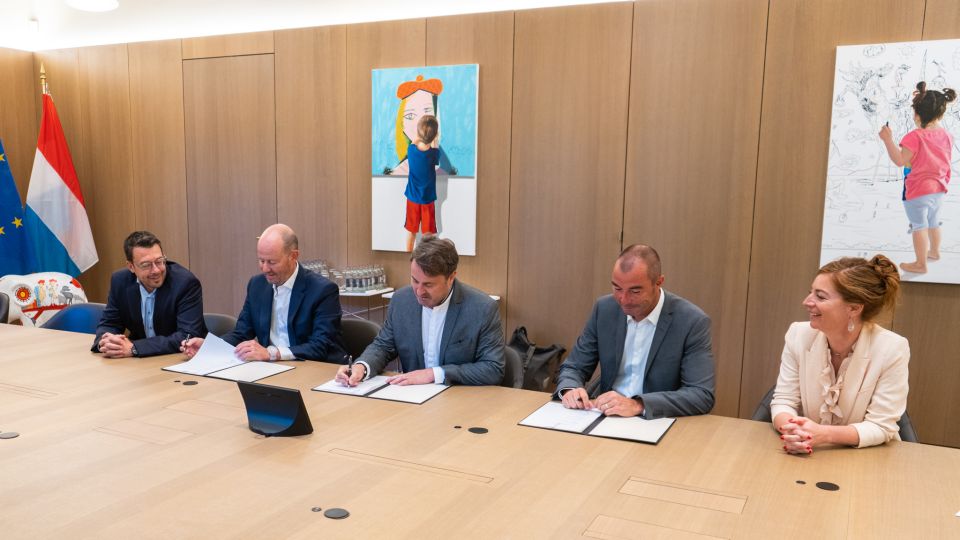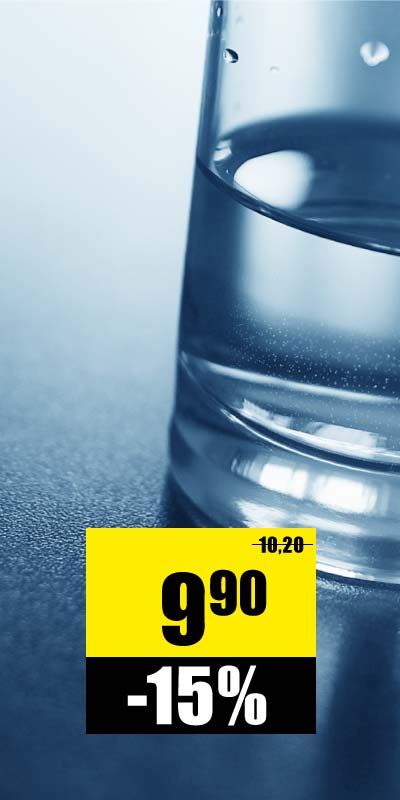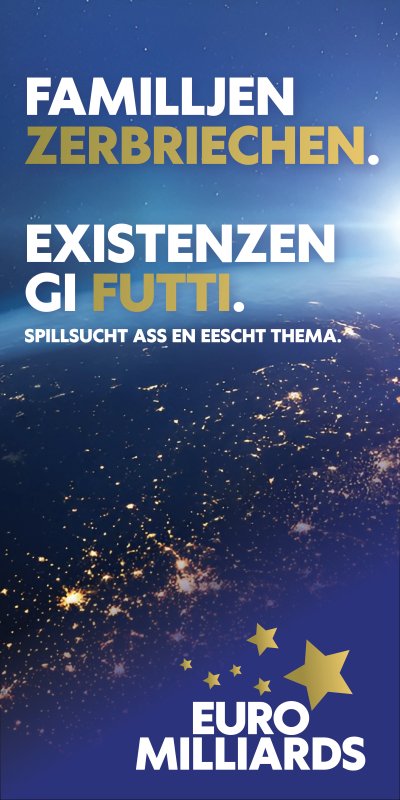NEWS - Empty promises, lies and dreams from RTL's convention (3)
Quality control at RTL?

Photo: ©SMC
In the series on the current concession agreement between RTL (CLT-UFA) and the state, we are today dedicating ourselves to the first chapter. This concerns the quality and control of the content.
The current concession agreement has established rules for RTL’s work that are intended to define basic principles. In Chapter 1.1. „General Commitments“, various basic principles are listed, such as the fact that RTL may not incite violence. A paragraph deals with the protection of minors, but remains vague. Overall, it is necessary to „respect the intellectual and moral sensitivities of the public“ and „conform to good morals“ and it would be the task of „transmitting human values“.
High-quality quality
Another fireworks display of meaningless words is grouped around a term that Xavier Bettel also highlighted repeatedly in the presentation of the concession: quality. The concession agreement states: „regarding their content, they must be of quality“. What is meant by quality according to the agreement? Firstly, that the quality must remain at the same level as before. However, what this „level“ is is not defined. Secondly, that RTL journalists must have received training and should continue to receive training, including in the use of the Luxembourgish language. How often and by whom this training must be provided is not described. Thirdly, that the editorial staff, which is tasked with processing general information, must consist of professional journalists. However, there is no organisational chart of RTL Luxembourg: How many editorial staff does the broadcaster have anyway? Fourthly, RTL must have high-quality technical material to work with. That says nothing.
The „Land“ explains its desire to write conditions into the contract as a reaction to a recent affair: „Rédigé dictionnaire des synonymes en main en marge de l’interminable shitstorm consécutif à l’affaire Lunghi/Schram“. At that time, RTL and the Minister of Media were faced with a media scandal at the most inopportune moment. During the negotiations on a new concession agreement, very questionable practices at RTL were suddenly publicly discussed. It was clear that at that moment the contract between the state and RTL had to be criticized in order to get the project off the political stage. Hence the idea of throwing around the concept of quality. That obviously worked.
Control is good, self-control is better
But how can one check whether RTL is actually adhering to the values and vague quality criteria set? For example, over 50% of the articles on RTL.lu are posted online without an author name: Who checks whether only professional journalists have been commissioned to process the information?
State control is something that RTL and especially its parent company Bertelsmann have always fought against. Jean-Louis Schiltz had prevented any kind of state control of the media during his time as Minister of Media during the negotiations of the 2007 concession agreement as „too expensive“. Today he is Director of the CLT-UFA Board of Directors. And of course, the liberal Minister of Media Xavier Bettel did not want to be the one to give a public supervisory authority too much power over the media monopoly RTL. The concession agreement therefore repeats the Bertelsmann mantra of self-control in the hope of convincing the people.
How RTL should control itself
The journalists of RTL are bound by the concession to „veracity, objectivity and honesty“, but also to „loyalty to the publisher employer“. The concession emphasizes that RTL journalists must adhere to the „Charte des Journalistes de RTL Luxembourg“, i.e. to its own rules. The Code of Ethics of the Luxembourg Press Council is also mentioned elsewhere, but in a way that is ultimately not clear, but which is now truly binding: It would be „respecting the principles set out in the code of ethics of the Press Council“.
A „cascade of responsibility“ is to make the hierarchy responsible for content internally at RTL. It is then stated that RTL will set up its own ethics council, which will only consist of its own staff and will monitor content based on the RTL Code of Ethics. The ethics council can also only be activated from within RTL itself, not from outside. However, the state would learn the most important details via a report, and the CEO of RTL Luxembourg should exchange views with the government commissioner „in a close and regular manner“ according to the contract. ALIA, the actual media watchdog of Luxembourg, is barely mentioned - so firmly do we count on it that self-control would get all the problems out of the way anyway.
If the control system works, no one can control
Many details are unclear and many questions remain unanswered. One of the biggest problems is once again the absolutely non-transparent organizational structure of RTL. Who works for which editorial department, who is a journalist, who has to adhere to which rules and when does commercial and journalistic content mix? When does the own ethics council get involved, and how does it proceed?
The next part of the series on the current concession agreement will then deal with the content that RTL is supposed to produce. So far in the series:

















